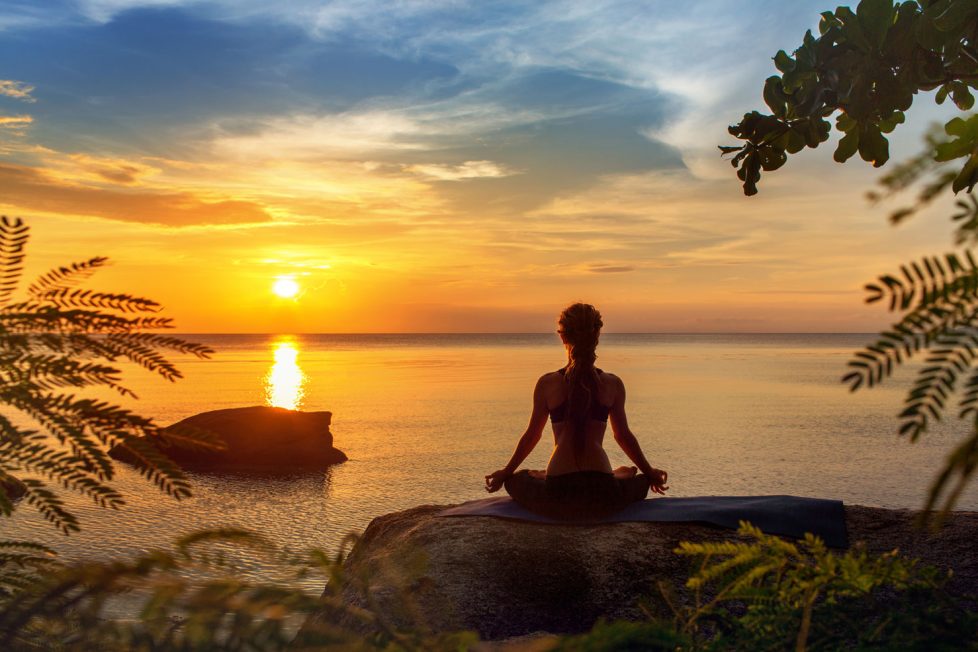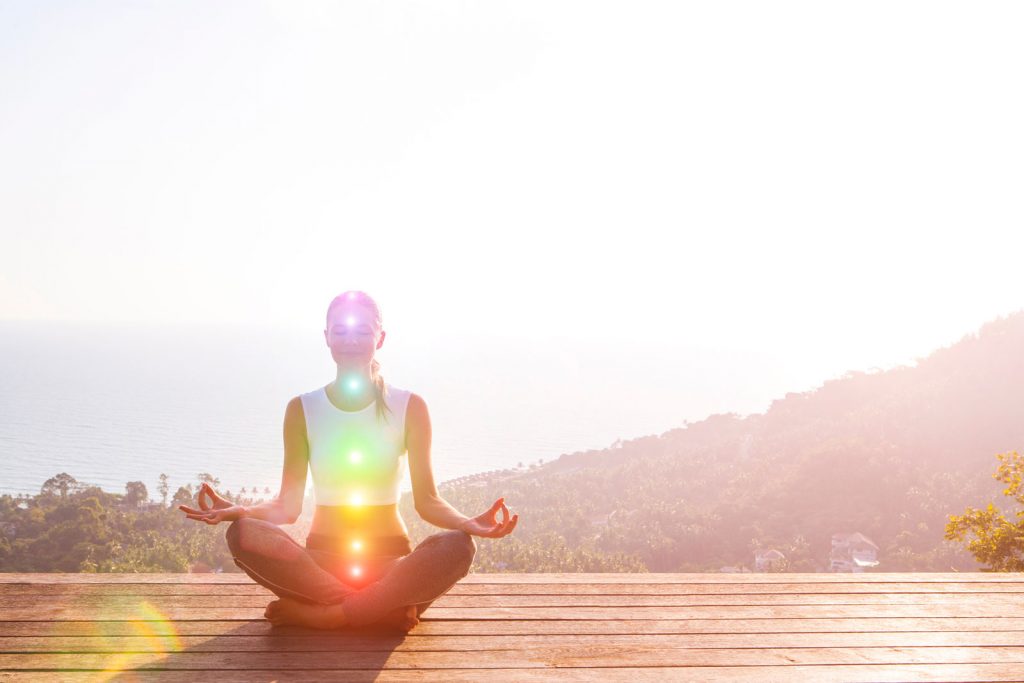Can meditation really make you happier?
Meditation makes people more productive, happier and healthier.

Meditation makes people more productive, happier and healthier.

Most of the people we know are strivers. Our team, our clients, our friends — we all set goals and achieve them. It is incredible what people can achieve when they decide what they want and do what it takes to get it. But what can you achieve by doing nothing? Meditation is a particular form of doing nothing that can help you accomplish a lot.
A few decades ago, meditation was regarded as an exotic “Eastern” practice in “The West.” So let’s dive into the thinking man or woman’s form of “doing nothing” and see what doing nothing can do for you.
Meditation takes many forms. Buddhism puts a great emphasis on meditation, offering diverse methods of practice. Hinduism and related yoga traditions also offer a multitude of forms of meditation. Almost all forms of meditation share some basic components. Meditation begins from the premise that the “you” that most people think they “are” is an observable subpart of you. “You” can listen to “yourself” think.
Meditation suggests that the “you” that listens is closer to the real “you” than the “you” that talks. Meditation asks us to focus our mind on one thing, with the goal of letting all the other thoughts racing around go away for a while. In the process of learning to focus, we learn to observe our thoughts dispassionately as they arise and pass away.
Meditation helps us understand the source of our emotional states, and helps us recognize their transitory nature. When we understand the source of our emotional states, we can more easily choose to let them go.
Meditation helps us recognize what we are attached to. We may discover we sometimes have an irrational and unimportant attachment to objects while we sometimes fail to connect with people. The society around us bombards us with depersonalized materialism to feed the engine of production and consumption, so it is no wonder we sometimes have irrational attachments.
By teaching us to let go of our thoughts of past and present and let our minds be open to receiving new information in the moment, meditation teaches us to be present now. The more time we spend here, now, truly with the people around us, the more time we are truly alive.

Being mindful means being more fully aware of what is around us – what we can see, hear, touch and taste. And what is happening inside – our thoughts and feelings. It’s about learning to observe all this but not getting caught up in thinking or worrying about it, so being able to choose what we then attend to.
Meditation has been shown to help us be healthier, less affected by stress, more relaxed, more creative, more open to learning, sleep better, improve our relationships with others and feel happier and more satisfied with our lives.
What’s great is it’s a skill that anyone can learn and benefit from. It is very simple, meditation need take only a few minutes a day. But it does take a bit of practice and it may be hard at first.
Keep at it and you will feel the benefits in many areas of your life. Meditation, however, equips us with a tool that we can use at any time to instantly be happier. Simply be here now. When we live in the moment, without attachment, without judgement, fully connected and able to appreciate, like a child, what is now, then we can be truly happy.
Meditation Can Permanently Change Your Happiness Set-Point, can teach you how to live the moment and enjoy what is now.
Mindfulness is about changing the way you think. In order to see substantial improvement, you need to spend time developing this approach. Try to devote a little time to mindfulness every day.
Take slow, deep breaths. Focus on your breathing as you do this. Doing this for a few minutes can help calm and focus you.
Pay attention to where you are. Notice what you see, hear, smell, and feel. Pay attention to the small details you might normally ignore. It can help if you have a fixed place and a more or less fixed time to meditate.
A fixed place can be anything, whether it’s a cushion in the corner of the room or a separate building.
What are you thinking about? What emotions are you feeling? Make yourself aware of these thoughts and emotions, without judgement of them.
The reason, or intention, with which you start meditating affects the energy you have to spend in the long run.
It’s easy to go through most of the day on autopilot. Instead, force yourself to pay attention to the things you are doing. Avoid distractions as you give your current task your full attention.
